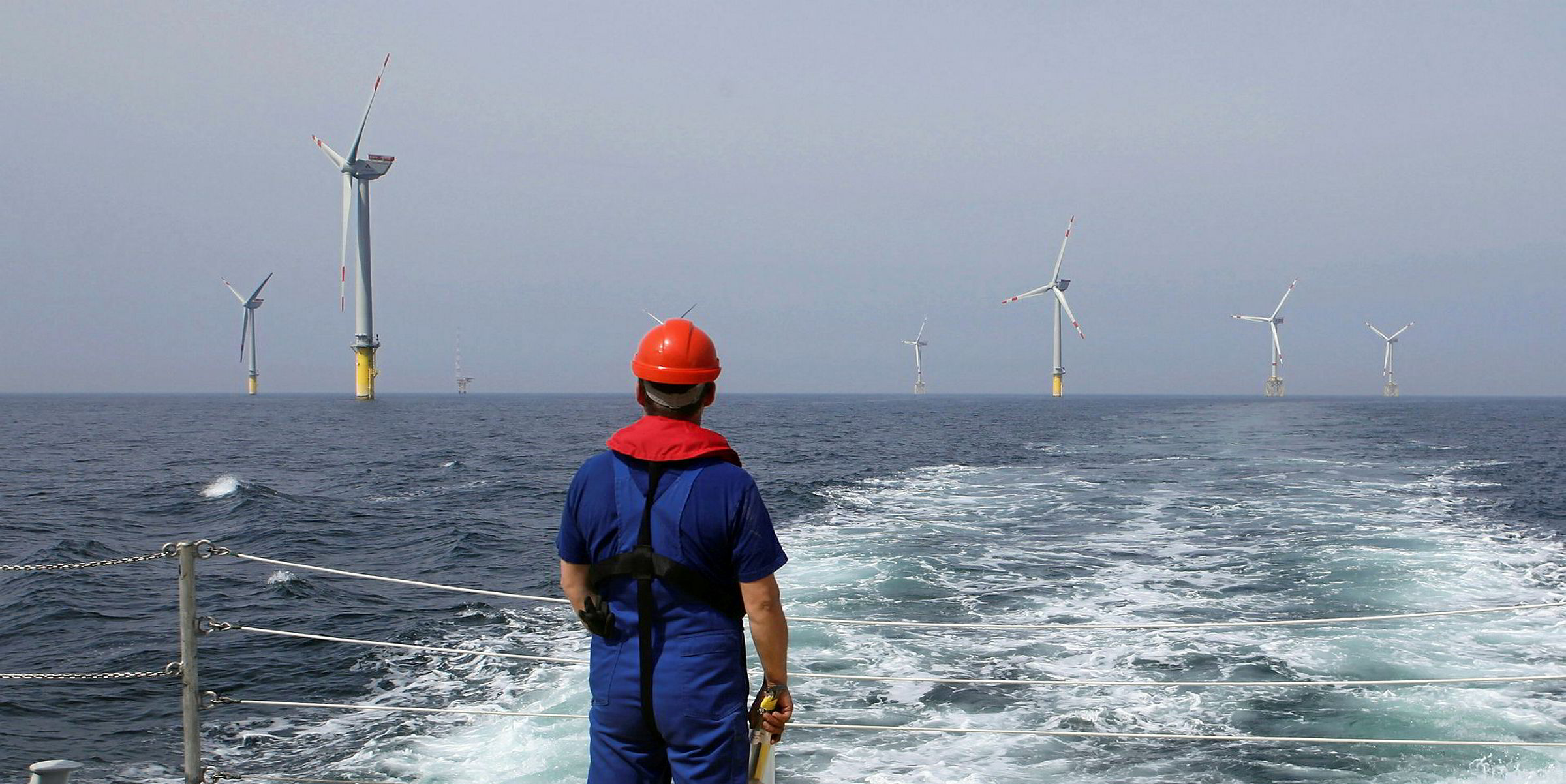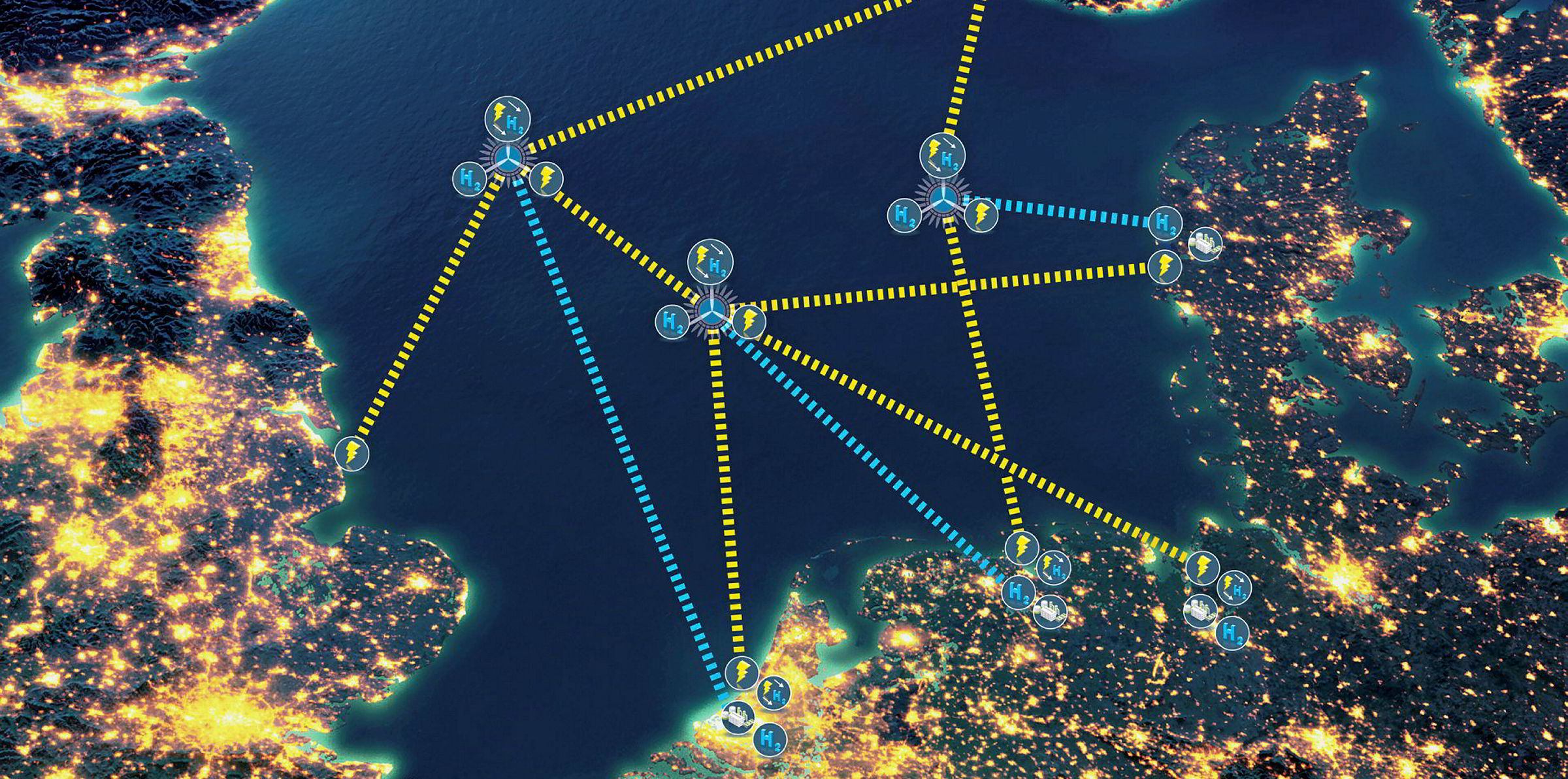An EU-funded public-private consortium to push for a close interconnection of wind at sea has called upon the countries around the North See to harmonise regulatory frameworks and in the long run seal a North Sea Treaty to fully exploit the potential of a meshed offshore grid in the North Sea.
The PROMOTioN (Progress on Meshed HVDC Offshore Transmission Networks) project has brought together 33 companies and organisations from 11 countries, among them Dutch-German transmission system heavy-weight TenneT and energy consultancy DNV GL.
“The development of a cross-border HVDC grid is one of the most promising opportunities for a sustainable energy future in Europe,” said TenneT chief operating officer Tim Meyerjürgens.
“TenneT is cooperating closely with other TSOs to develop the idea of a meshed and efficient offshore grid in the North Sea, which requires the creation of a common regulatory framework. PROMOTioN's research shows the way to make this happen.”
The consortium in its latest report (on regulation and finance) sums up key findings on the design of a legal, regulatory and financing framework for cross-border HVDC (high voltage direct current) offshore connections and provides recommendations for policy makers and other stakeholders to take appropriate measures to enable the first hybrid assets to be built.
“This project delivered a great framework with regulatory and financial guidelines for national governments to speed up collaboration on the joint development of energy infrastructure such as offshore tra(nsmission grids,” DNV GL chief executive Ditlev Engel said.
“And that is really needed to accommodate the rise of renewables and meet our goals in the Paris Agreement.”
To achieve long-term regulatory stability, PROMOTioN recommends EU members and third countries to adopt a North Sea Treaty, containing the aims and principles of the offshore grid.
Such a treaty would provide a stable governance and decision-making structure, a common interpretation of maritime law, and processes for long-term wind farm and grid planning. It would also fix the terms of cooperation between national regulatory bodies, and streamline the decision-making process for cross-border links.
In the short term, PROMOTioN has issued the following recommendations:
- improve the governance and the regulation of the internal market for (offshore) electricity by including in the Electricity Regulation a definition and substantive provisions on the regulation of a hybrid asset; assets which combine both interconnection and wind farm export functionalities
- provide innovation funding for novel ideas and technologies (e.g. novel energy storage techniques), and fund anticipatory investment which is cost-effective in delivering a meshed offshore grid (e.g. island hubs)
- support early communication between developers, authorities and other key stakeholders about new wind farm projects to enable early identification of meshed offshore grid development needs. Opportunities for wider stakeholder involvement in the decision making process should also be identified
- formalise of the Cross-Border Cost Allocation (CBCA) as a binding contract between the involved parties with a clear specification of non-compliance penalties. CBCA coordination is one of the most important pillars in the economic framework and should be promoted for complementary projects.


